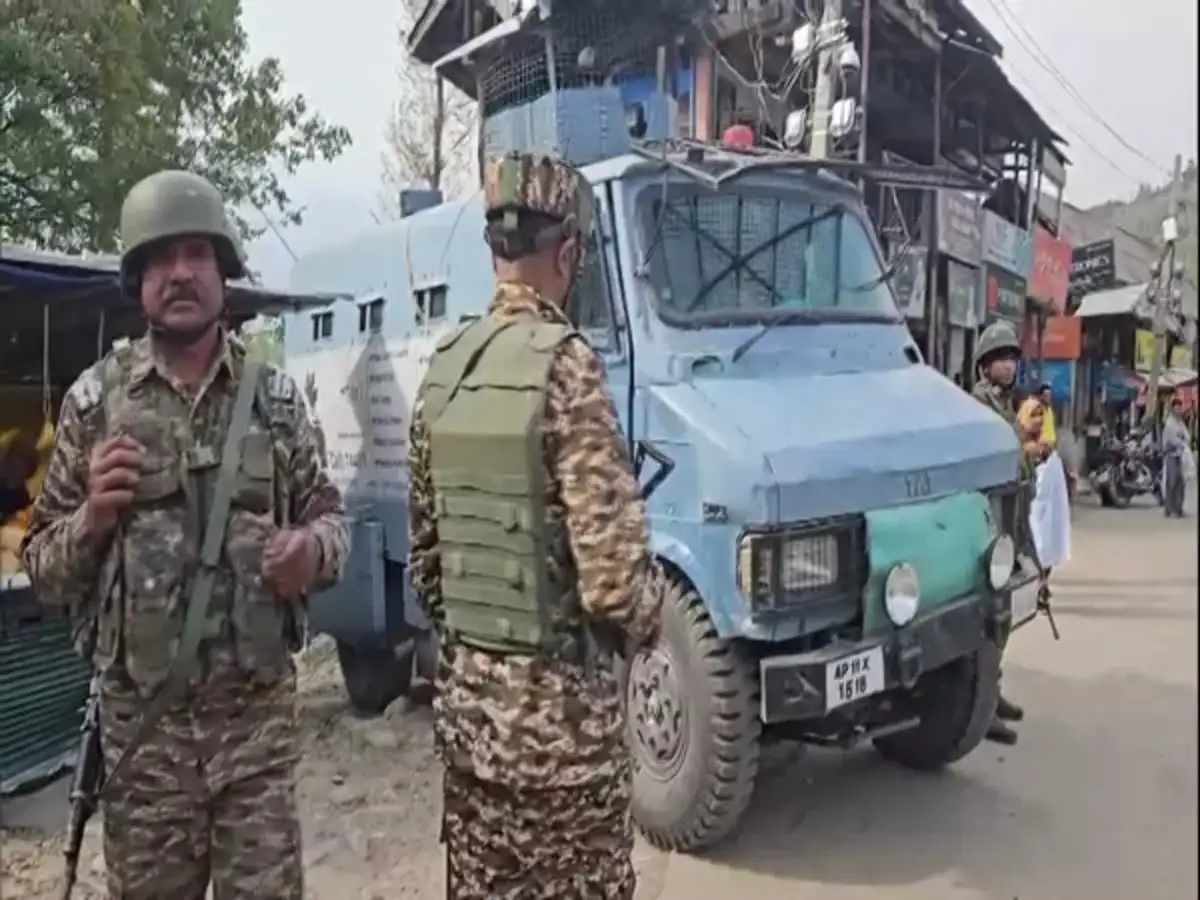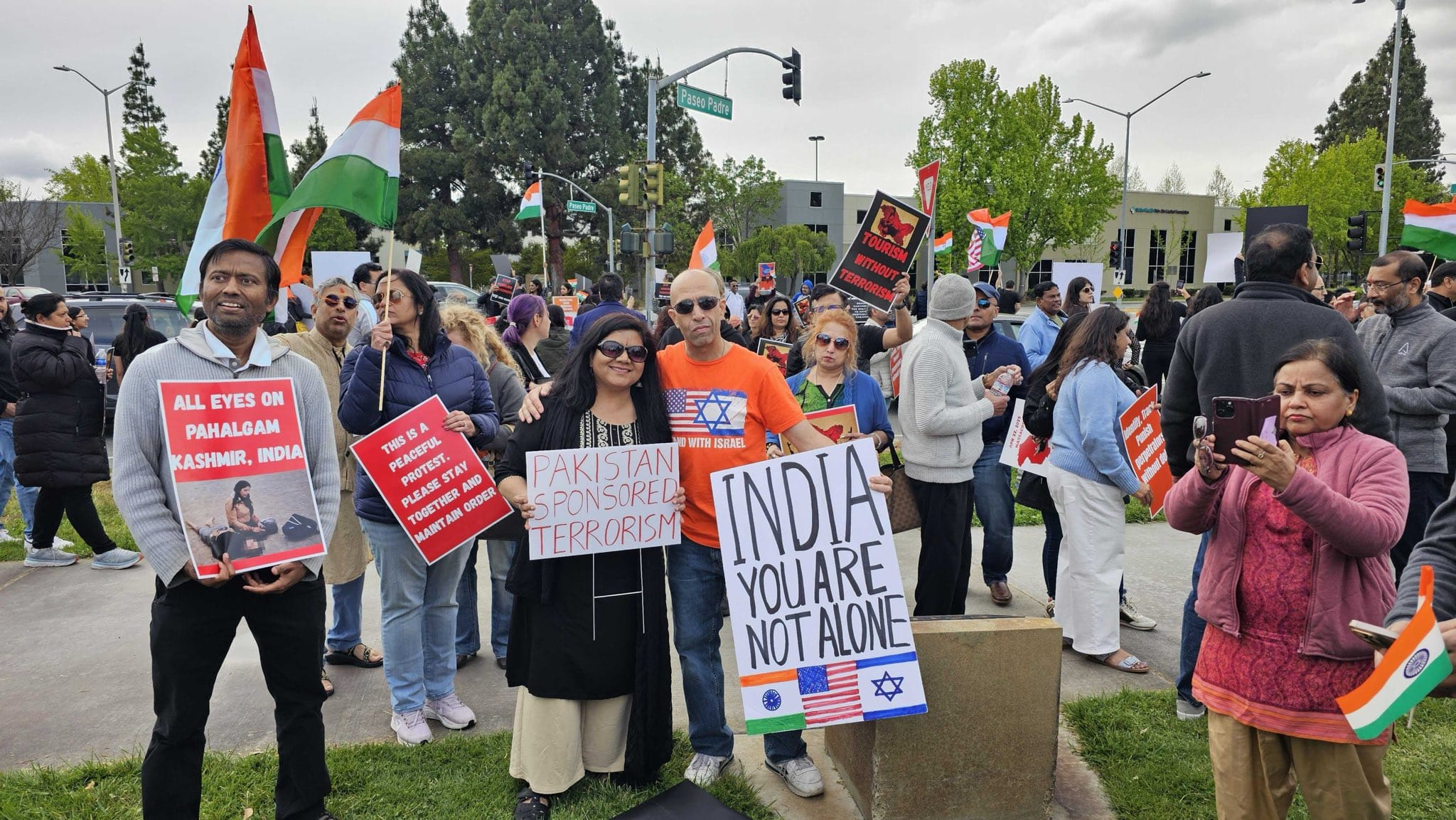India Launches Massive Diplomatic Push Post-Operation Sindoor
In a coordinated global campaign against terrorism, India has launched a high-level diplomatic outreach to 33 strategic countries, sending seven delegations of MPs across the globe to strengthen its anti-terror narrative following the April 22 Pahalgam attack.
Foreign Secretary Vikram Misri briefed the delegations in New Delhi on Tuesday, outlining the countries selected for their influence in global forums such as the UN Security Council (UNSC) and their geopolitical weight.
Why These 33 Countries?

According to BJP MP Aparajita Sarangi, 15 of the countries are current members of the UNSC—including both permanent and rotating non-permanent members. An additional five are expected to join the council soon. The remaining were chosen based on their global influence and ability to shape international discourse.
“This is about building a united global front against terrorism, especially as Pakistan attempts to deflect blame and promote false narratives,” Sarangi emphasized. Pakistan is currently a non-permanent UNSC member, a fact Indian diplomats are keenly aware of as they prepare to present evidence of its links to terror groups.
Delegations, Leaders, and Destinations
Each of the seven delegations is bipartisan, comprising MPs from across party lines. The mission is to show a unified Indian front abroad. Delegation heads include:
- Shashi Tharoor (Congress)
- Ravi Shankar Prasad (BJP)
- Baijayant Panda (BJP)
- Sanjay Kumar Jha (JDU)
- Supriya Sule (NCP)
- Shrikant Eknath Shinde (Shiv Sena)
- Kanimozhi (DMK)
JDU’s Sanjay Jha leads the first group visiting Japan, South Korea, Indonesia, Malaysia, and Singapore. Their first stop will be Tokyo. Other MPs in this group include Aparajita Sarangi, Brij Lal, Hemang Joshi, and John Brittas.
The delegation led by Shinde is scheduled to leave next, joined by parliamentarians like Bansuri Swaraj and Sasmit Patra. These visits will include meetings with heads of state, foreign ministers, MPs, opposition leaders, think tanks, journalists, and Indian diaspora communities.

Context: Operation Sindoor and the Pahalgam Attack
This outreach follows Operation Sindoor, India’s military response to the deadly Pahalgam terror attack. Indian forces had launched strikes on terror camps located in Pakistan-occupied Kashmir (PoK), a move that drew criticism from Pakistan but was seen as a bold step domestically.
India’s diplomatic move aims to counter Pakistan’s expected lobbying and ensure that New Delhi’s narrative finds traction on the world stage. “This is our responsibility—to ensure the world hears India’s side directly,” Sarangi said.
India’s United Front Against Terrorism
The rare bipartisan nature of the outreach demonstrates New Delhi’s intent to show international unity. MPs from BJP, Congress, Shiv Sena (UBT), Trinamool Congress, NCP, CPM, and DMK are traveling together—a signal of national consensus against terrorism.
Analysts believe this campaign could improve India’s global standing as a victim and challenger of state-sponsored terrorism. It also prepares the ground for future action at the UN level, including sanctions and public condemnation of cross-border terrorism.